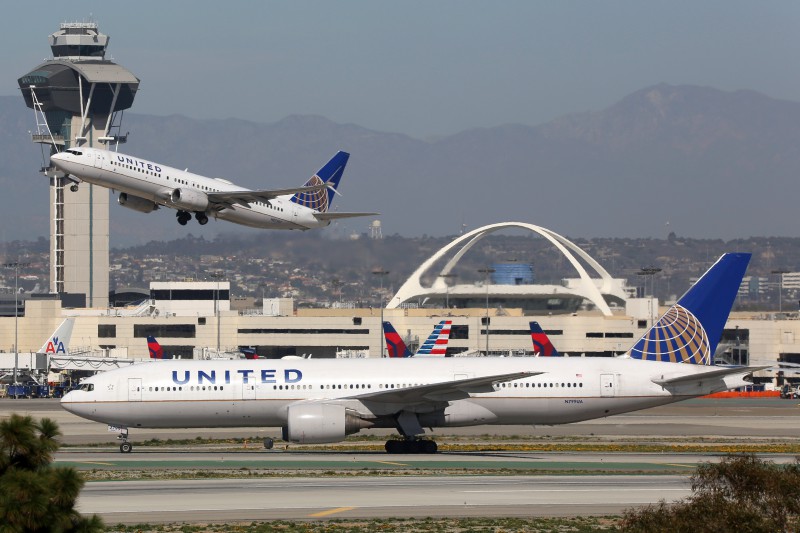INCIDENTS ON UNITED FLIGHTS DEPRESS STOCK PRICE
The viral video of a doctor being forcibly removed from an overbooked United Airlines flight is the third in a series of publicity nightmares for the airline. This morning, it was announced that United Airline’s stock prices had fallen by 1.1%, taking $255 million off the market cap. Now, it’s serious. But does United have a pervasive problem of treating passengers badly? Or is it just a “failure to communicate”?
At the end of March, two teenage girls wearing leggings were turned away at the United Airlines gate in Denver and were not allowed to board their flight to Minneapolis because of inappropriate dress. Leggings, tight stretchy pants that are form-fitting, were not considered proper by the gate agent. There was a huge outcry over the sexist policy, and the original tweeter, Shannon Watts, noted that men were allowed on board with shorts on that showed their knees.
Although the story went viral, it wasn’t the full story. United Airlines was late in explaining, and could have avoided the bad publicity by telling the whole story immediately. The two girls were flying for free as airline employee dependents. In order to fly for free, non-revenue passengers must adhere to a dress code. It’s pretty simple, and it’s stated clearly in the rules for getting on board without paying. Not allowed: Form-fitting lycra/spandex tops, pants and dresses.
Then, in Hawaii, another passenger, Jeff Fearns, boarded a flight to Los Angeles in Lihue, Hawaii. Shortly after boarding, he enjoyed a complimentary orange juice in his $1,000 first-class seat. Then, a United Airlines gate agent rushed on board and told him he had to get off the plane to give his seat to a “higher priority” passenger, since the flight was overbooked. The other passenger was higher in priority due to the airline’s complicated system of factors, including frequent flyer miles flown. When Fearn resisted, he was told that he would be taken off in handcuffs if he did not comply. That story went viral, too.

Again, that was not the whole story. Because of mechanical difficulty, a smaller plane had to be flown that day, and the airline ended up with more first class passengers than they could accommodate. So, in the famous words of the airline’s CEO, Mr. Fearns had to be re-accommodated. As it turns out, he did get to stay on the flight, but had to fly economy class in a middle seat between a husband and wife who were arguing the whole way back to Los Angeles. He was not happy, but did get a refund in fare plus $500 for his trouble. Did United Airlines communicate the circumstances clearly? No, they did not. Instead, the CEO responded to Fearn’s letter of complaint by commending airline workers for “continuing to go above and beyond to ensure we fly right.”
The third strike is the most recent incident, and the video is hard to watch. The screaming doctor, David Dao, is being dragged down the aisle with a bloody face and passengers are yelling, “Oh come on!” and are clearly not pleased to see this spectacle. Again, United failed to communicate the circumstances and the CEO bungled the response to the public outcry. The CEO’s third public apology was the only one that sounded sincere.
United Airlines is suffering the consequences of poor public relations, but also the consequences of modern surveillance. Cell phones will record every incident and people will share on social media. There is nowhere to hide. Late night comedians will use the incidents to make jokes, parodies and ridicule of the offending company. In this case, the CEO was woefully unprepared for the outcry. His attempts at apology were feeble at best.
So, it seems the Friendly Skies are not very friendly. Have we heard the whole story on Strike 3? Maybe not, but it seems the CEO is being pressured to step down. Strike 3, you’re out. His communication skills definitely need work. But what United Airlines really needs is a savvy Public Relations executive and probably a very good attorney.
By Kay D. Harrison
 Travel blog
Travel blog










